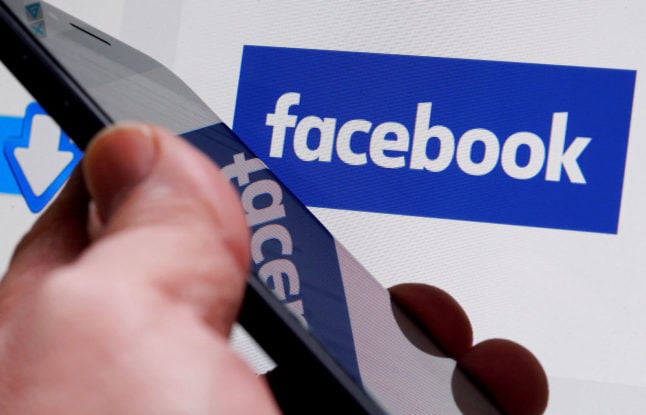The woman's insurance company, AP Pension, used the woman's profile from the app to prove that she did not qualify for full cover, trade union 3F writes on its website.
She had received 200,000 kroner (27,000 euros) annually since 2008 for reduced ability to work caused by a whiplash injury sustained in 2007, according to the report.
But AP Pension were reportedly given a tip-off in 2015, resulting in an investigation that included scrutiny of her activity on social media.
This showed that the woman was member of a sports association and had taken part in sporting events.
The insurance firm also gained access to the woman's profile on popular fitness app Endomondo, where users can share stats from their training sessions.
The woman's profile reportedly showed photographs and running times registered from her training.
“It is in everyone's interests to prevent insurance fraud. But it is concerning that information from a running app can be used in such a case as this.
“It is important for companies to have correct ethical practices, including when they are investigating potential fraudsters. I assume that the woman's Endomondo profile was public. Otherwise it is concerning how they may have obtained this data,” Anette Høyrup, a senior legal advisor with consumer organisation Forbrugerrådet Tænk, said to 3F.
“It shows how necessary it is to think about where we share our private data,” Høyrup added.
AP Pension initially withdrew the woman's payments in their entirety, but have since been ordered by the Insurance Appeals Board (Ankenævnet for Forsikring) to pay 50 percent of the amount she previously received.
READ ALSO: Facebook to build new data centre in Denmark



 Please whitelist us to continue reading.
Please whitelist us to continue reading.